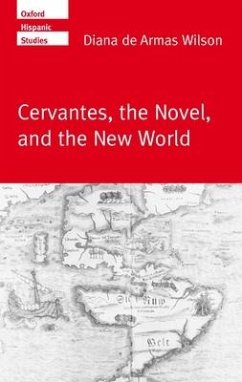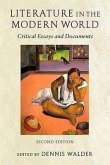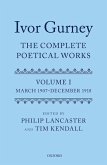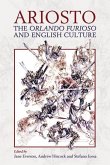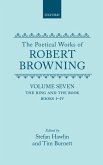Two sets of related issues prompt this study: the birth of the New World in European consciousness and the rise of the Cervantine novel in Spain. The conquest, exploration, and colonization of the Indies resonate through Cervantes's two novels, Don Quixote (1605, 1615) and the Persiles (1617), both fortified by imperialism. Cervantes begins publishing in the 1580s, just as the might of imperial Spain turned from Europe towards the Atlantic. Twice refused emigration papers to America - which he depicts as the 'refuge and haven of all the desperate men of Spain' - Cervantes turns to fiction. His novels internalize many colonial discourses and at least four genres implicated in Spain's New World enterprise: the Books of Chivalry, the utopias, the colonial war epic, and American ethnohistory. The first full-length study to move beyond an inventory of Cervantes's references to the Indies - to Mexico and Peru, cannibals and tobacco, parrots and alligators - this book interprets his novels as a transatlantic, cross-cultural, and multi-linguistic achievement.
Hinweis: Dieser Artikel kann nur an eine deutsche Lieferadresse ausgeliefert werden.
Hinweis: Dieser Artikel kann nur an eine deutsche Lieferadresse ausgeliefert werden.

